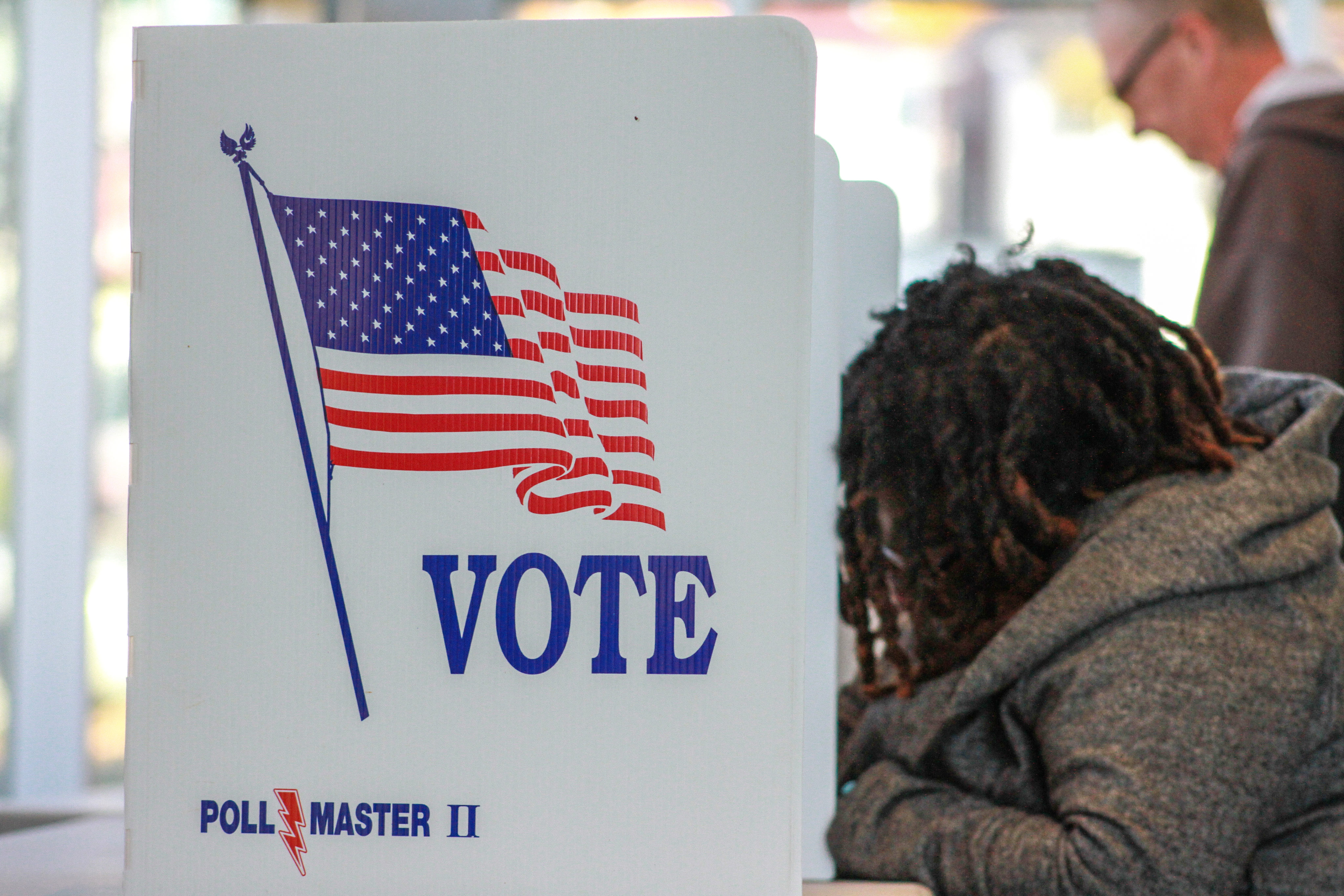JEFFERSON CITY, Mo. — Medical marijuana will now be in the Missouri constitution, with votings approving one of three related questions on the general election ballot.
On Tuesday, Missouri voters approved Amendment 2 — which was backed by New Approach Missouri — with 65 percent of the vote. At the same time voters rejected Amendment 3 — backed by Find The Cures — and Proposition C — backed by Missourians for Patient Care.
“In becoming the 31st state to allow doctors to recommend medical marijuana to patients with serious and debilitating illnesses, Missourians showed that increasing health care treatment options for patients and supporting veterans are bipartisan Missouri values,” said Jack Cardetti, spokesman for New Approach Missouri.
Voters in two other state’s also approved medical marijuana measures upping the told number of states allowing patients to access the cannabis to 33.
Amendment 2 is a constitutional amendment creating a framework where physicians may recommend marijuana or marijuana products to treat nine qualifying conditions — such as PTSD, seizures, cancer, and epilepsy — and “any other chronic, debilitating or other medical condition…” at the professional judgment of the physician.
Oversight of the program would fall to the Department of Health and Senior Services. The department would be able to limit purchases to 4 ounces of marijuana per patient every 30 days, with exceptions if doctors recommend a higher dose.
Patients will be required to obtain a medical marijuana card, at a cost of $25 annually, to enable access to treatment. A 4 percent excise tax in addition to local and state sales tax would be added to all marijuana products. The excise tax would go directly to the Missouri Veterans Health and Care Fund and all other excise taxes would be prohibited.
This measure would require DHSS to approve 1 cultivation center per 100,000 residents, 1 manufacturing facility per 70,000 residents, and at least 24 dispensaries in every congressional district. Cultivation, manufacturing, and dispensing facilities may not be established within 1,000 feet of a church, school, or daycare.
Those with medical marijuana cards would be able to cultivate up to 6 flowering plants for personal use.
According to estimates provided to the Secretary of State’s Office, this proposal could generate annual taxes and fees of $18 million for state operating costs and veterans programs, and $6 million for local governments. Annual state operating costs are estimated to be $7 million.
As a constitutional amendment, the measure will become effective 30 days after the date of the election, which is Dec. 6.

Alisha Shurr was a reporter for The Missouri Times and The Missouri Times Magazine. She joined The Missouri Times in January 2018 after working as a copy editor for her hometown newspaper in Southern Oregon. Alisha is a graduate of Kansas State University.













